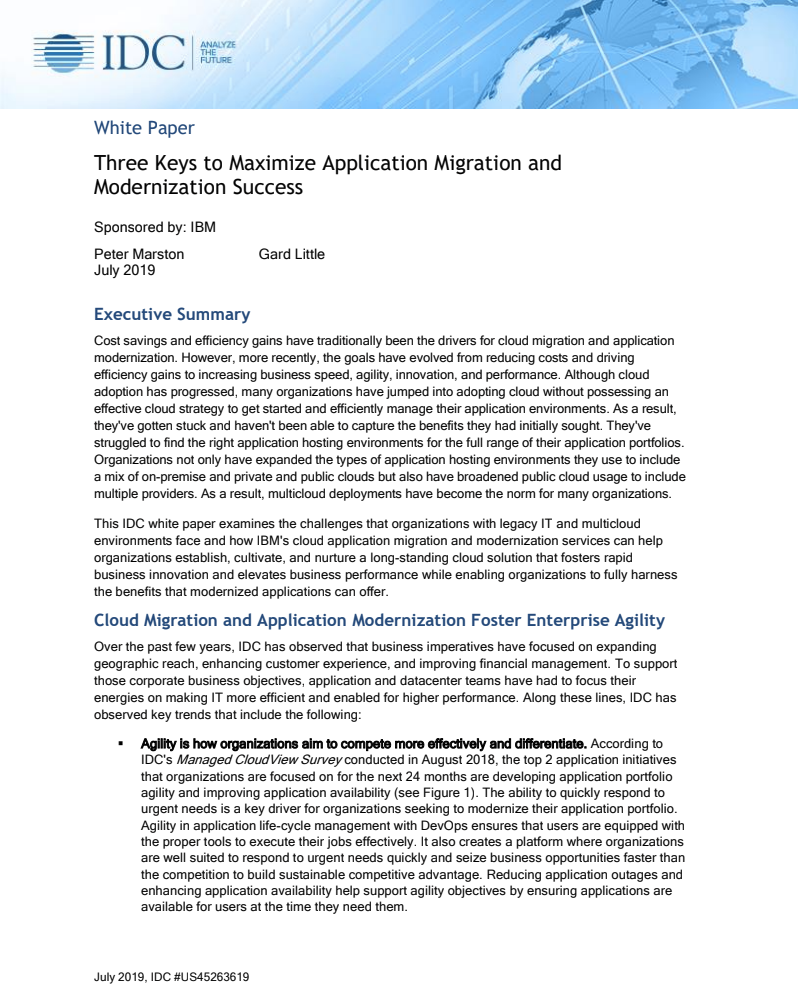Microsoft accidentally leaks details on a wormable SMB flaw
No patch is currently available for the vulnerability, which has now been publicly acknowledged


Microsoft accidentally released information on a critical flaw embedded in its Server Message Block 3.0 (SMBv3) network communications protocol ahead of schedule, coinciding with more than a hundred Patch Tuesday fixes.
Details of the wormable vulnerability, which has been reserved CVE-220-0796, were disclosed publicly shortly after Microsoft prematurely informed security vendors of the bug through its Active Protections Program scheme. This early-access information, however, was retracted shortly after.
Attackers can exploit the remote code execution vulnerability found in SMBv3 by sending a specially-crafted packet to the targeted SMBv3 server - to which the hacker must already be connected to.
Vulnerable operating systems include Windows 10 1903 and 1909 for 32-bit, x64-bit and ARM64-based systems, as well as Windows Server versions 1903 and 1909.
Security firm Fortinet has suggested the vulnerability is due to an error when the software handles any maliciously crafted data packet, which can lead to hackers gaining full control of a vulnerable system. It’s considered ‘wormable’ as it's believed an attacker could easily move from device to device.
Both Fortinet and Cisco Talos have recommended that users disable SMBv3 compression and block TCP port 445 on firewalls and client computers.
After the details became public, Microsoft released its own security advisory suggesting the company was aware of the flaw, although official mitigation has not yet been identified.
Get the ITPro daily newsletter
Sign up today and you will receive a free copy of our Future Focus 2025 report - the leading guidance on AI, cybersecurity and other IT challenges as per 700+ senior executives
“To exploit the vulnerability against an SMB Server, an unauthenticated attacker could send a specially crafted packet to a targeted SMBv3 Server,” the advisory said.
“To exploit the vulnerability against an SMB Client, an unauthenticated attacker would need to configure a malicious SMBv3 Server and convince a user to connect to it.”
RELATED RESOURCE

Three keys to maximise application migration and modernisation success
Harness the benefits that modernised applications can offer
Microsoft confirmed a workaround that involves disabling SMBv3 compression using a PowerShell command may be deployed, although the firm added this does not prevent exploitation of SMB clients.
Details of the vulnerability were made public just as Microsoft released fixes for 117 flaws in various systems, including 25 vulnerabilities considered critical, as part of its routine Patch Tuesday round of fixes.

Keumars Afifi-Sabet is a writer and editor that specialises in public sector, cyber security, and cloud computing. He first joined ITPro as a staff writer in April 2018 and eventually became its Features Editor. Although a regular contributor to other tech sites in the past, these days you will find Keumars on LiveScience, where he runs its Technology section.
-
 Bigger salaries, more burnout: Is the CISO role in crisis?
Bigger salaries, more burnout: Is the CISO role in crisis?In-depth CISOs are more stressed than ever before – but why is this and what can be done?
By Kate O'Flaherty Published
-
 Cheap cyber crime kits can be bought on the dark web for less than $25
Cheap cyber crime kits can be bought on the dark web for less than $25News Research from NordVPN shows phishing kits are now widely available on the dark web and via messaging apps like Telegram, and are often selling for less than $25.
By Emma Woollacott Published
-
 Hackers are targeting Ivanti VPN users again – here’s what you need to know
Hackers are targeting Ivanti VPN users again – here’s what you need to knowNews Ivanti has re-patched a security flaw in its Connect Secure VPN appliances that's been exploited by a China-linked espionage group since at least the middle of March.
By Emma Woollacott Published
-
 Broadcom issues urgent alert over three VMware zero-days
Broadcom issues urgent alert over three VMware zero-daysNews The firm says it has information to suggest all three are being exploited in the wild
By Solomon Klappholz Published
-
 Nakivo backup flaw still present on some systems months after firms’ ‘silent patch’, researchers claim
Nakivo backup flaw still present on some systems months after firms’ ‘silent patch’, researchers claimNews Over 200 vulnerable Nakivo backup instances have been identified months after the firm silently patched a security flaw.
By Solomon Klappholz Published
-
 Everything you need to know about the Microsoft Power Pages vulnerability
Everything you need to know about the Microsoft Power Pages vulnerabilityNews A severe Microsoft Power Pages vulnerability has been fixed after cyber criminals were found to have been exploiting unpatched systems in the wild.
By Solomon Klappholz Published
-
 Vulnerability management complexity is leaving enterprises at serious risk
Vulnerability management complexity is leaving enterprises at serious riskNews Fragmented data and siloed processes mean remediation is taking too long
By Emma Woollacott Published
-
 A critical Ivanti flaw is being exploited in the wild – here’s what you need to know
A critical Ivanti flaw is being exploited in the wild – here’s what you need to knowNews Cyber criminals are actively exploiting a critical RCE flaw affecting Ivanti Connect Secure appliances
By Solomon Klappholz Published
-
 Researchers claim an AMD security flaw could let hackers access encrypted data
Researchers claim an AMD security flaw could let hackers access encrypted dataNews Using only a $10 test rig, researchers were able to pull off the badRAM attack
By Solomon Klappholz Published
-
 A journey to cyber resilience
A journey to cyber resiliencewhitepaper DORA: Ushering in a new era of cyber security
By ITPro Published